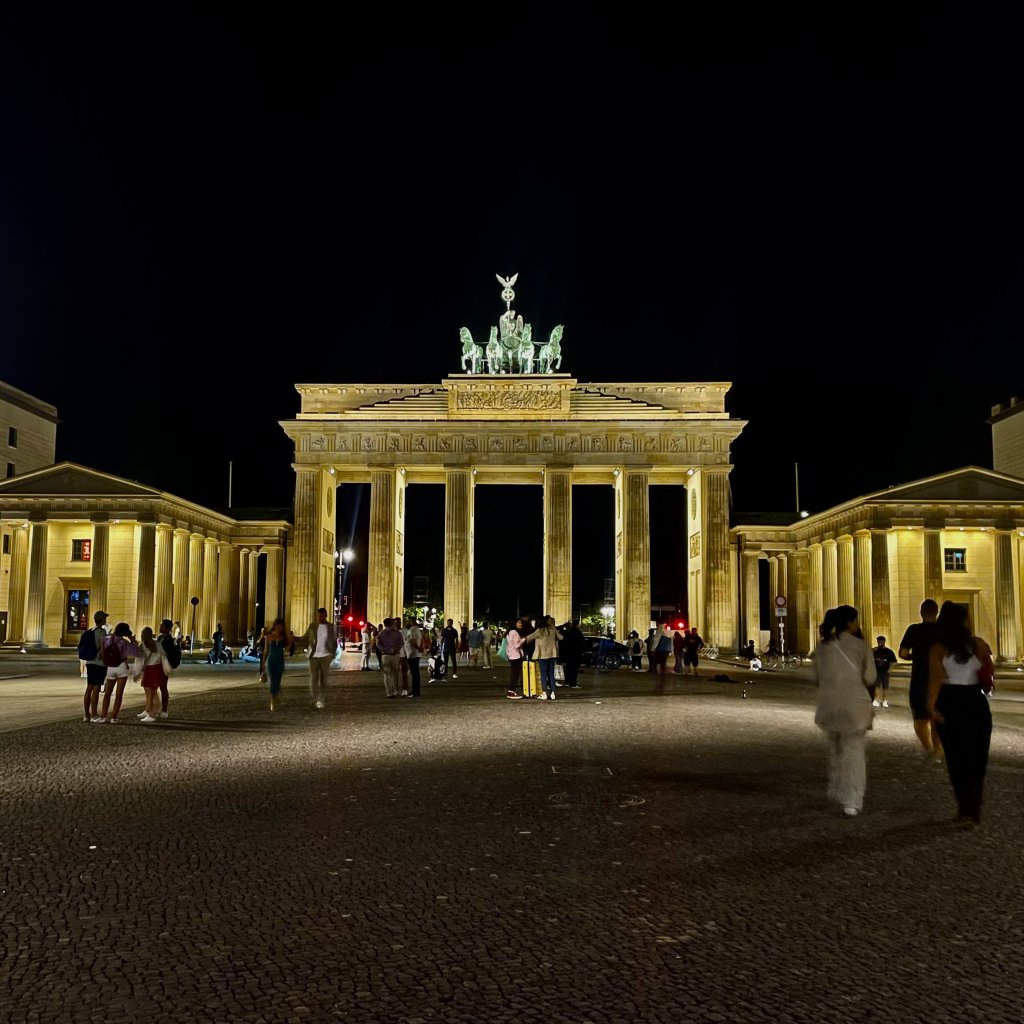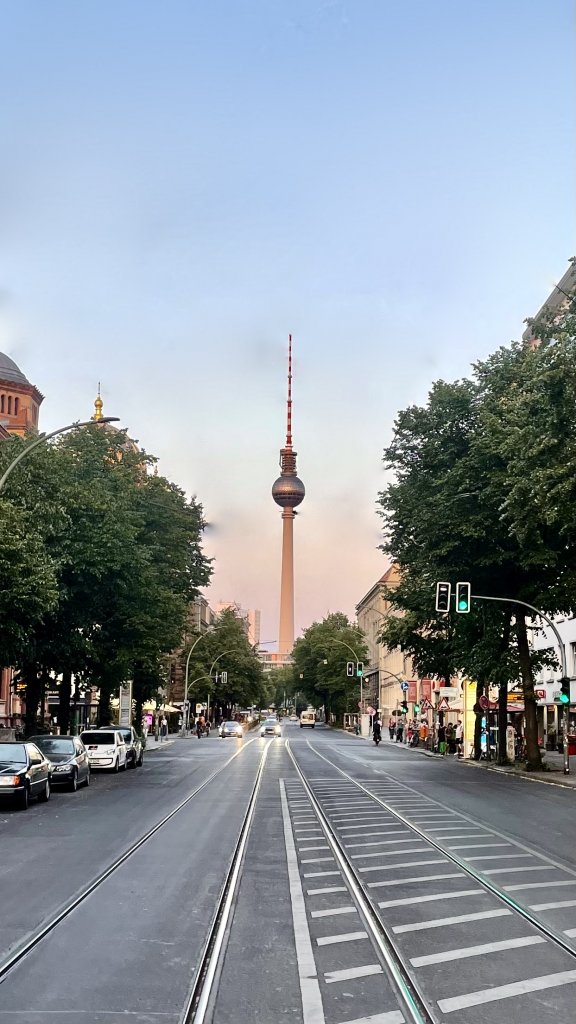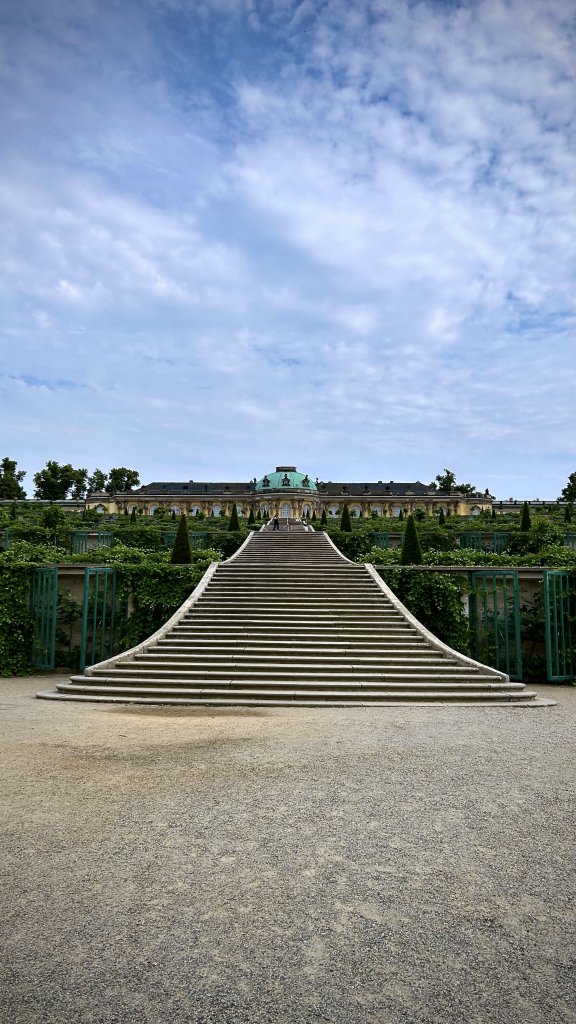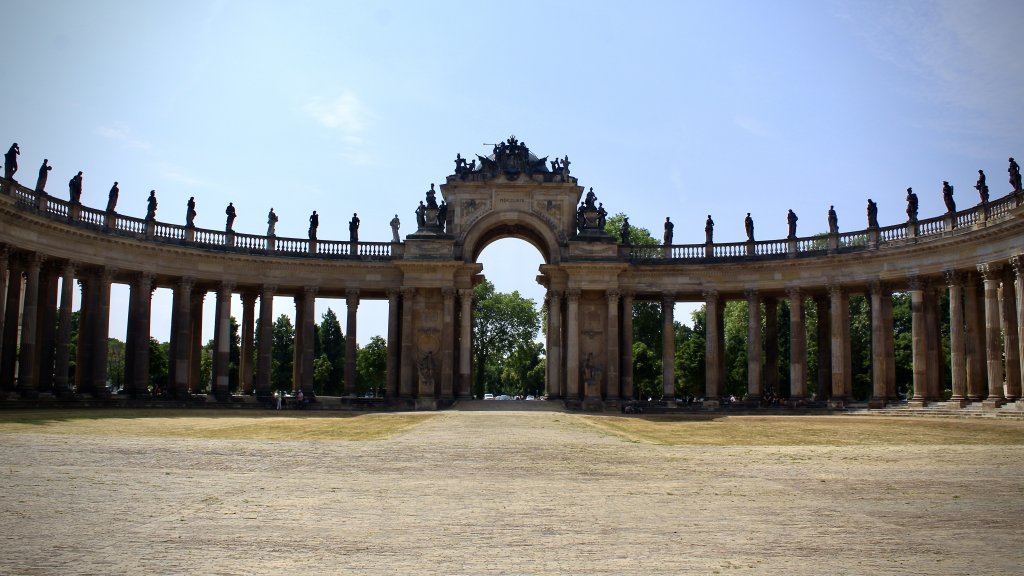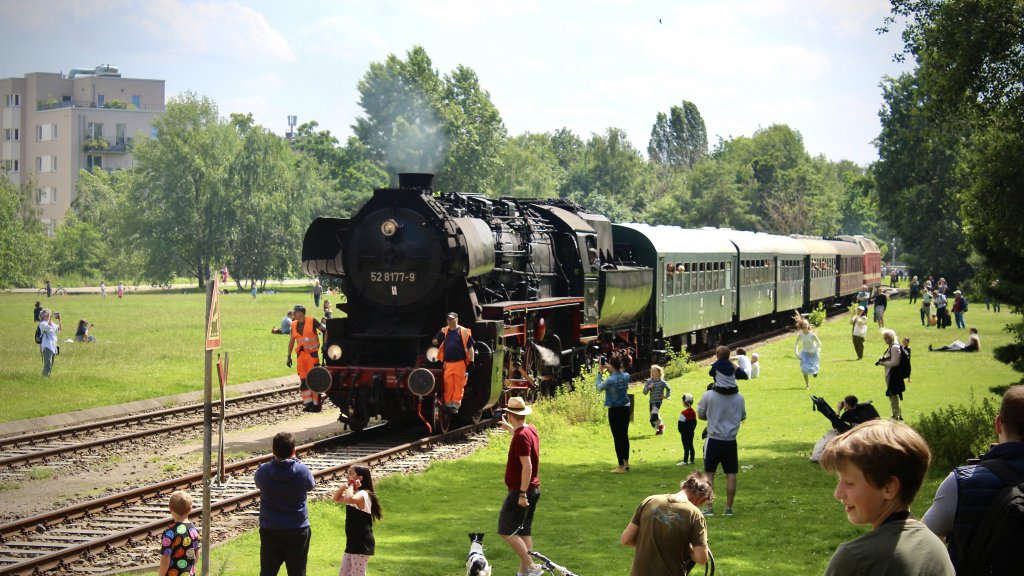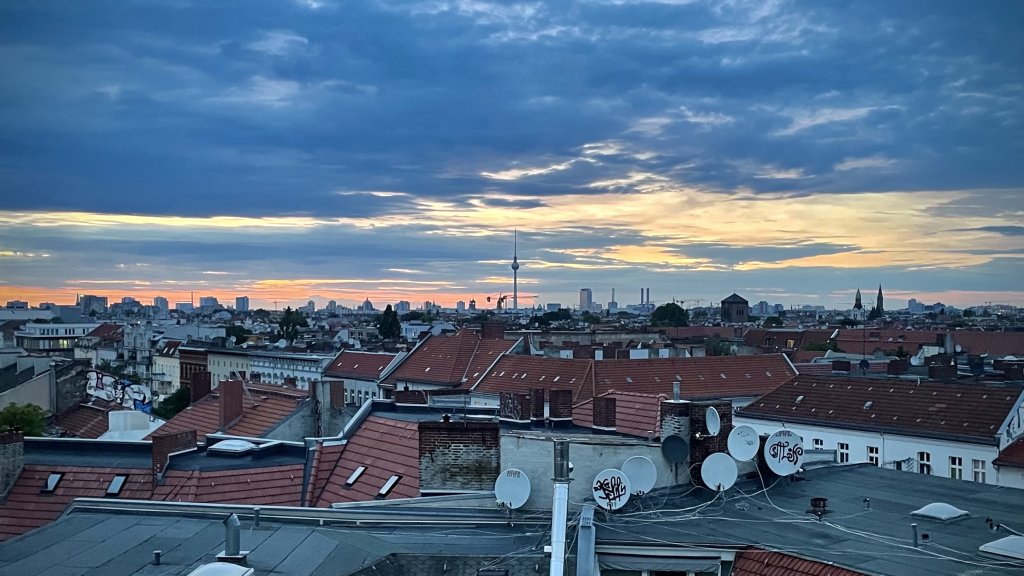Hallo! My name is Ben, and I am a final year BA Modern Languages student just returned from a 9 month placement at the Universität Potsdam near Berlin. I was really fortunate to have the opportunity to spend such a long period of time there and I hope I can highlight some of the wonderful memories you can make while studying on the year abroad.
I left for Berlin in October 2022 for my first long-term period outside the UK. I had never really travelled prior to the trip, and I felt a little anxious for what would be waiting for me at the other end. The idea of spending so long in a country where I knew nobody was really daunting for me, but I quickly learned how easy it can be to make friends in a place like Berlin, and I’m so lucky to have met the people that made the whole experience worthwhile.
I chose to undertake a study placement for my year abroad because I appreciated having the option to choose my destination and the ability to adapt my module choices to best suit my needs. I loved the access to native Russian lecturers at Potsdam—previously situated in the former German Democratic Republic—and the number of different modules I could choose from within this field: for me, that included spoken, written and aural communication skills, as well as an insight into Russian linguistics with morphology and syntax; this worked wonders in helping to understand the language’s complex grammar. I combined this with the equivalent in French, and allowed my German skills to develop naturally through exposure to the language in and around my studies. For a language student, it can occasionally be a little complicated to best place yourself in foreign universities, as the language competency is calculated a little differently. Before I applied to modules, I completed short placement tests in all the languages I wished to study in order to best pair me to a class. I found this really helpful and the result both helped to make me feel comfortable with other students and push me to further develop my knowledge. I must admit that learning Russian from German was a little challenging at first, but I quickly became used to the technical terminology that I may not previously have used at home. I found all my lecturers and administrative staff at Potsdam to be so supportive to my needs and were willing to adapt to best support international students when understanding may have been a little harder.
Outside of university life, there was so much to see and do. While Potsdam was around 30km outside of Berlin, being in a capital city gives an unlimited amount of possibilities for socialising, working and sightseeing. The university provides each student with a semester ticket for the entire state of Brandenburg; I found this great for exploring other parts of Germany, including Berlin itself, the Harz mountains, the Polish port town of Szczecin and the other East German cities of Dresden and Leipzig. This part of the country has a real identity thanks to its past and it was fascinating to be able to see the effects of the most recent parts of history with my own eyes. Berlin is well-known for its nightlife but also for its food culture—many of my friends enjoyed nights out in the many bars, or “Kneipen” dotted around the city, and the perfect-for-all-hours Currywurst and Döner Kebab in the city parks. I had the opportunity to meet some of my old friends that already lived in Germany, as well as meet some new ones, such as my pen pals from St. Petersburg and the rest of Germany and Switzerland. Berlin is on the same latitude as the Midlands in the UK, and the weather often reflects our own, so apart from some very chilly winters, there’s not much to prepare for on that front!
My piece of advice to any prospective future explorers of the world would be to get prepared as early as possible. While there are still changes following Brexit, some processes really took me a lot longer than I expected. Travelling abroad can be a really stressful experience if preparation isn’t as good as it can be, and its best to get everything ready as soon possible so as to be able to best enjoy the time you spend there. Berlin is a particularly challenging city to find accommodation: due to its central position in Europe and the multicultural society, it can be tricky to get a room for a good price! While the university has its own student accommodation, there are limited rooms and most students opt to live in a shared living community or WG (Wohngemeinschaft). There are great websites like wg-gesucht.de to find these.
Spending my year abroad in Berlin was a really eye-opening opportunity for me. To see things from a different perspective and actually experience things I had spent the best part of 10 years learning about was something I couldn’t recommend enough to anyone wanting to get to know their subject better. There really are parts of the language that you cannot learn without living with and applying it on its own stomping ground, and for German, there really is no better place than Berlin.
Schöne Reise!

